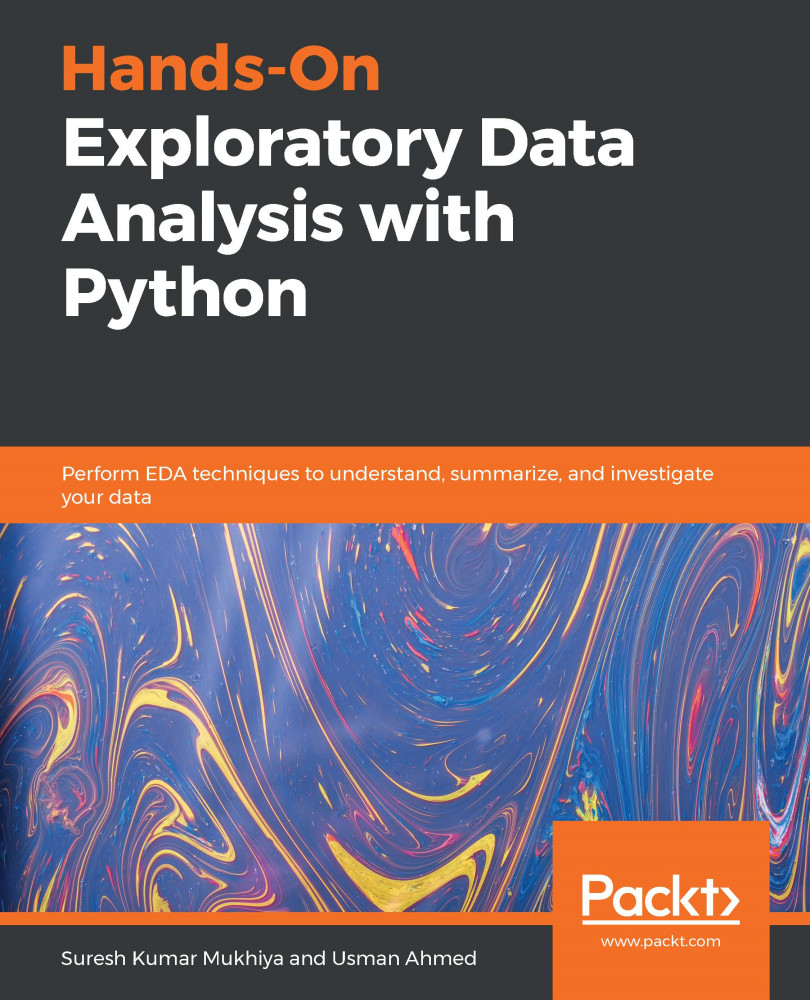We have discussed several Exploratory Data Analysis (EDA) techniques so far. The reason we performed EDA was to prepare our dataset and make sense of it so that it can be used for predictive and analytical purposes. By predictive and analytical, we mean to create and evaluate Machine Learning (ML) models. In this chapter, we are going to lay the groundwork for data science, understand different types of models that can be built, and how can they be evaluated.
In this chapter, we will cover the following topics:
- Types of machine learning
- Understanding supervised learning
- Understanding unsupervised learning
- Understanding reinforcement learning
- Unified machine learning workflow


